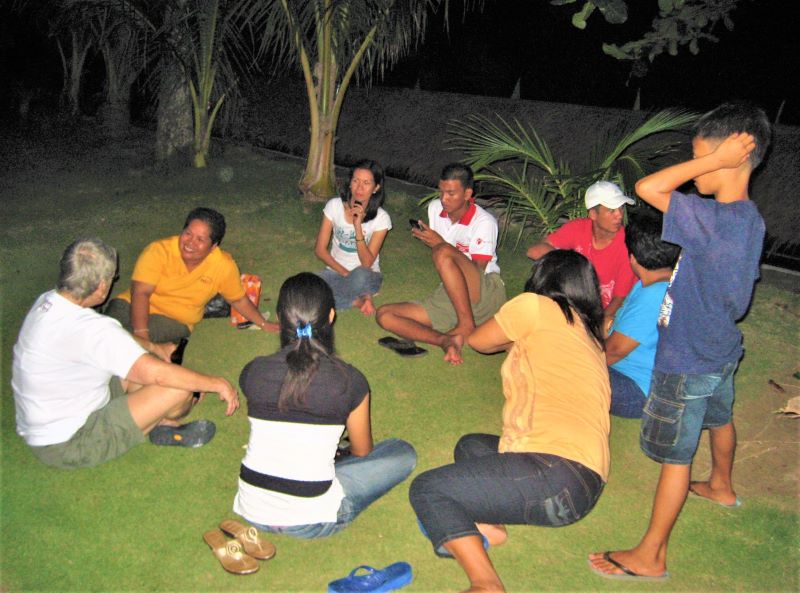
Resources
Connect with these articles and resources for additional information.
- Understanding the Differences: Refugee vs Immigrant
Beryl Cheal – Blog Post - Child Trauma Academy
- Making It Better: Activities for Children Living in a Stressful World
by Barbara Oehlberg - Starr Commonwealth: Trauma Informed Care Training
- Educational Activities INC – Video
Helping Children Cope with Freightning Events
Beryl Cheal wrote the script for this video. - Children of War -A video for Educators – NCTSN (National Child Traumatic Stress Network)
- To Be a Refugee – video UNHCR (UN High Commissioner for Refugees) The UN refugee agency. Works with all refugee groups except Palestinian refugees.
- What it’s Like To Be a War Refugee –Zarlasht Halaimzai, Afghan refugee, Ted talk
- UNHCR (UN High Commissioner for Refugees) The UN refugee agency. Works with all refugee groups except Palestinian refugees. https://www.unhcr.org/
- UNRWA – UN Relief and Works Agency (Works with Palestinian refugees) https://www.unrwa.org/
- Save the Children
- Storytelling and Narrative Therapy Through Art Among Refugee Children: a literature review , author Haley E. Lansing
- Educational Interventions for Refugee Children, Theoretical perspectives and implementing best practices, Edited by Richard Hamilton and Dennis Moore, RoutledgeFalmer (Taylor & Francis Group), New York, NY, 2004.
- Blog Post: Emotional Literacy for Children Who Have Survived Disasters
FAQ
How can I communicate with refugee children if I don’t know their language?
- Body language can go a long way! Ask questions with your eyes. With a smile on your face show them how to do what you are wanting them to do. Ask another child to be their special friend, their “buddy” to show them where things are in the room, where the toilet is, when it is time to go outside, what their name is, etc. Before the child starts coming to your room find someone in your community who knows the refugee child’s language and ask them to help you. When you speak to the child talk quietly, slowly, enunciate clearly – all without exaggerating. Greet them with a smile on your face and a few words of welcome (in their language, if possible) every morning when the child arrives at school/childcare. And then say goodbye every day when school is over – again in their language, if possible. The key is to help the child know they are welcome in your classroom and that you look forward to seeing them tomorrow – or whenever the group meets again. The more comfortable they feel the faster they will learn the language spoken in your program.
I get bored with my classroom set up a certain way. Is it OK to change it around once in a while to be more stimulating to the students and to me?
- It is better to keep your classroom the way it is. You may be bored but the refugee child might have had a lot of confusion and chaos in their past and need predictability. They need to count on you to be at the same place every morning when they arrive, welcoming them. They need to know what to expect when they first arrive, where that activity takes place. They will feel more comfortable if when they walk into the room things look like they did when they left yesterday. Knowing what to expect is comforting and gives opportunities to start the day with a relaxed and safe feeling.
How can I get parents involved with their child’s education?
- Your school/childcare/homeschool/whatever will probably be different than the situations they left behind when they fled their homes. Parents may or may not have taken part in their child’s education experience. So, take it easy. It takes time to get used to another system – even when the trust level is high. And that itself may take some time. Remember you are new to parents. They don’t know you, nor necessarily trust you. You will have to gain their trust. Remember that trust must be demonstrated to be believed. Just using the words “trust me” is not useful. You’re going to have to gain their trust. Start with getting to know the parents names (spoken correctly) and they knowing your name – all spoken with friendliness, then move on to inviting them to visit the school (childcare/whatever) whenever they would like. Before long have a time for moms to get together informally – a tea or coffee time – where they can get together with other moms. Plan something on a regular basis and make sure they are specially invited. Written in their language, if possible – if not possible write it in English, using a fairly
